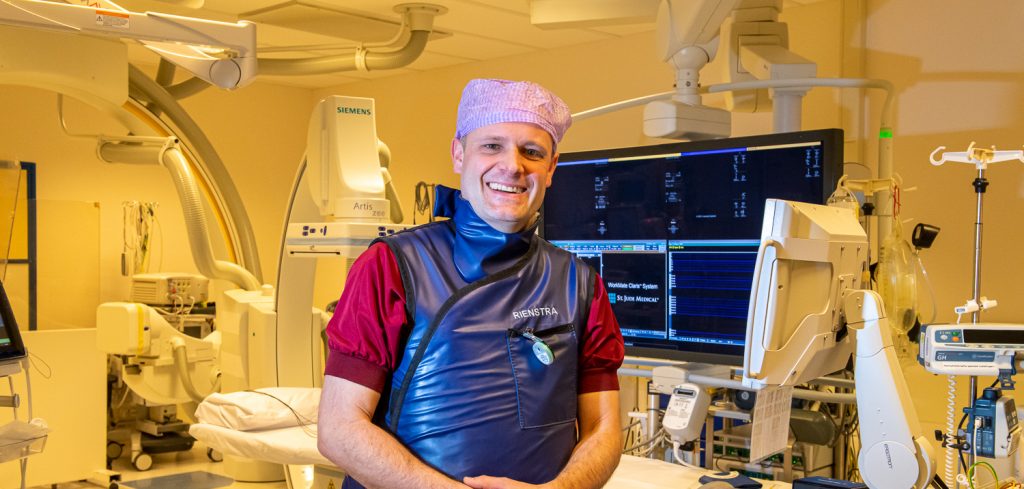
RACE‐8‐HF
Comparing early ablation and standard therapy
The effect of early ablation
Atrial fibrillation (AF) and heart failure can cause and sustain each other and combined they lead to increased mortality. Studies in which the AF burden is reduced by AF ablation show promising results toward increased prognosis, but so far only one randomized trial is conducted that focused on major clinical endpoints.
As the selected patients in this trial are not representative for the entire population and its ablation method varied from patient to patient, it is the aim of the present study to confirm that early invasive therapy consisting of a strict pulmonary vein isolation (PVI) protocol using cryoballoon therapy has positive effects on hard clinical endpoints in a wider variety of patients in heart failure patients.
Our objective is to compare the efficacy and cost‐effectiveness of early AF ablation by PVI using cryoballoon therapy with standard (medicinal) therapy in patients with heart failure with reduced ejection fraction. Our primary endpoint is a combined endpoint of all‐cause mortality, unplanned cardiovascular hospitalization, and stroke (time‐to‐event analysis). Key secondary outcome measures are a combined endpoint of mortality, number of unplanned cardiovascular hospitalizations, and stroke (recurrent‐event analysis); a hierarchical endpoint of mortality, unplanned cardiovascular hospitalizations, stroke, and HF complaints; and cost-effectiveness.


